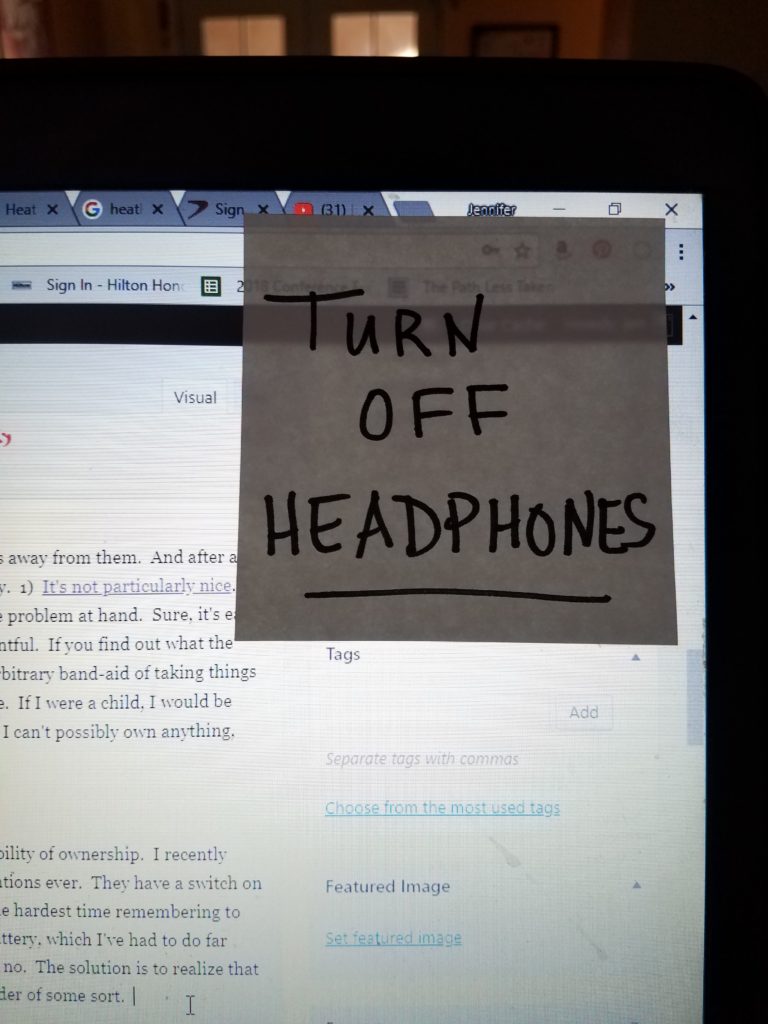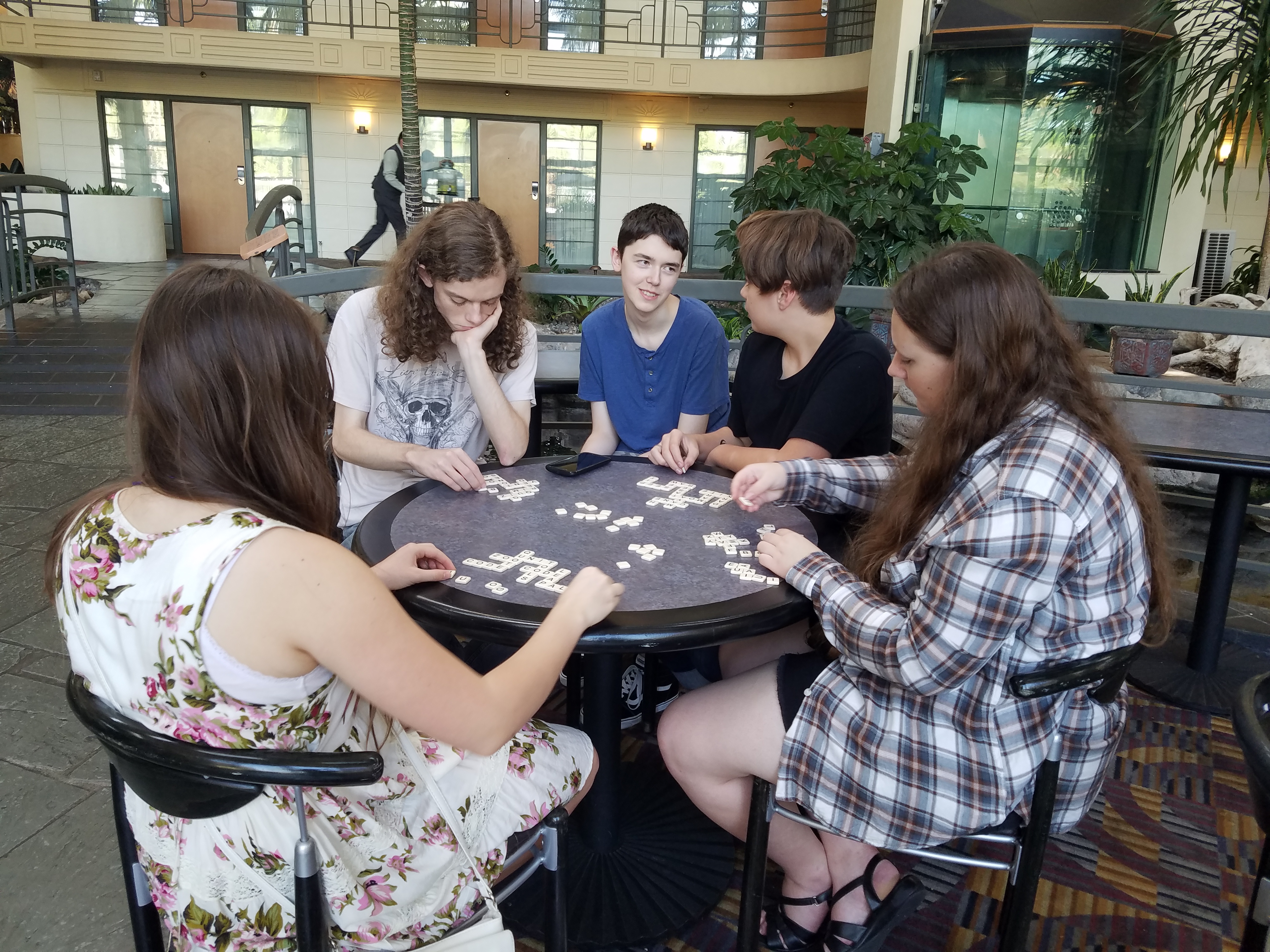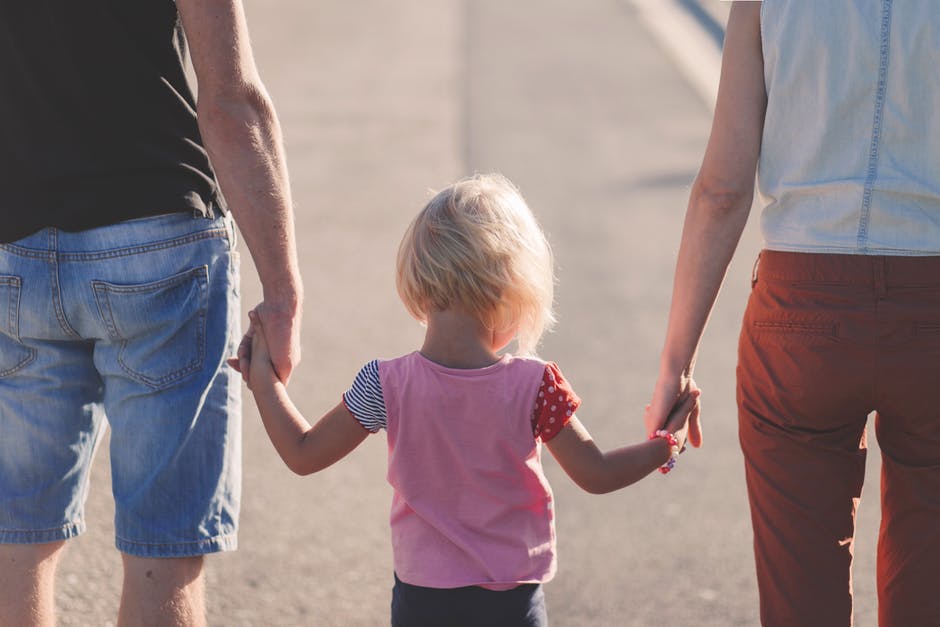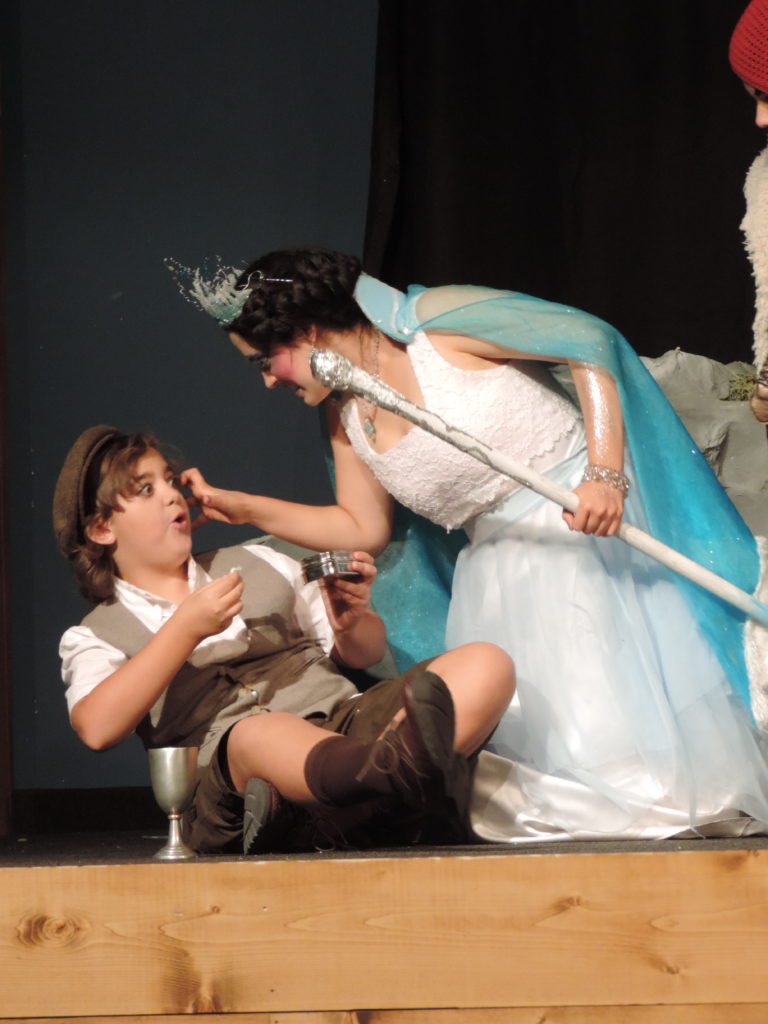
With one of his all-time favorite possessions. Photo credit: Angela Morgan
We are currently in the middle of getting our house ready to sell. Which means a lot of different things, but mostly means a whole heck of a lot of sorting, culling, packing, and organizing 12 years worth of accumulated… stuff. And if you’ve ever sold a house, or moved in general, you know that this is hard work. Not just hard, but exhausting. Physically, mentally, deep-in-your-bones exhausting. There is a reason that moving is so often cited as one of the top most stressful life events.
But I digress.
So we’re packing and sorting and throwing out bags upon bags upon bags full of trash. The kids have all helped out with assorted general projects around the house. but they’ve mostly been tasked with dealing with their own rooms: decluttering, tidying up, getting rid of what they no longer want or need, and packing anything that they don’t need at the moment but still want to keep and move to the new house. Their father and I offer opinions or help when it’s asked for or relevant… but far and away, the decisions are ultimately theirs. Because, well, because it’s their stuff. Everything in their rooms, from clothes, to games, to books, to phones, to electronics belongs to them. And that holds true whether it was purchased by us, gifted by someone else, or bought with their own money.
There’s a very strange dichotomy that exists amidst the conventional parenting world that goes something like this:
“My kids don’t own anything. *I pay for the house, *I pay the bills, *I buy their things. Therefore, it all belongs to me.” (Which, by the same token, would also mean that myself and all my fellow stay-at-home moms also technically own nothing.)
AND, at the same time:
“This house belongs to them too. They need to help keep it clean. They need to show pride of ownership. They have to take better care of their things.”
So… which one is it? (Hold that thought. I’ll get back to that)
There is a ubiquitous need by most of society to view children as lesser humans. If they’re treated like people at all, they’re treated as people with less rights, less of a voice, less importance. They’re treated like they are ours to own, and ours to control. This is evident in a myriad of ways, but for the sake of the conversation at hand: It always makes me shake my head a little (or a lot) when I see parents posting about the contracts that they make their teens sign when they “give” them cell phones (give, by the way, is in quotes because it’s not really giving if it’s so damn conditional. At best, it’s a loan, with a whole hell of a lot of strings attached). Our interactions with our kids should not be transactions, but beyond that…. how is a kid to learn how 1) take pride of ownership and 2) make responsible decisions with a phone that is not even theirs? How do you learn to trust them if you do not give them the space to show you that they can be trusted? Not because of a fear that you’re going to punish them and take their phone away if you don’t… but because of a genuine, intrinsic desire to act from a place of their own personal sense of right and wrong. How do they learn about privacy, about healthy boundaries, and about autonomy if they’re literally not given the opportunity to do so? Not to mention the fact that demanding passwords, reading texts, and checking history is a pretty surefire way to ensure that your kids learn to get really good at hiding things, and really unlikely to share when or if they do run into trouble.
DISCLAIMER (If you’re just skimming, please stop and read this)
A few complaints that I get a lot, particularly when it comes to things like cell phones:
Kids need guidance! Yes. Absolutely. They do. Which is why I’ve never said, in this or any other post, that they do not. Further, different ages need different amounts of guidance. As kids get older, they are going to need less and less interference. JUST AS MUCH COMMUNICATION, but less interference. There are age appropriate ways to help ANY aged child navigate the line of responsible ownership while still giving them the guidance they need.
But the internet is DANGEROUS! Well, sure. The internet can be dangerous. So can the public school yard. So can the work place. So can a night club. All the more reason to work WITH your children when it comes to things like technology. Not against them.
Kids have to prove they’re responsible before they can own anything! Tegan, who’s ten, really wanted a hedgehog. She talked about it for a year, she researched, and she followed a whole bunch of YouTube channels and Instagram accounts to learn about their personalities, their quirks, and their care. She saved up her money. I helped her find a reputable breeder. Last year, around her birthday, we bought her the hedgehog (a baby girl she named Oreo), and she bought the habitat and supplies. Because I’m just as much as an advocate for animals as I am for kids, I don’t believe that any pet should be brought into the house, no matter whose it is, unless there is an adult who is willing to be the Backup Person… the one who will take responsibility for the pet (which, make no mistake, is a new member of the family). should there ever be a need. I appointed myself as Oreo’s Backup Person, but she is Tegan’s. Tegan feeds her. She changes her cage. She gets her out to play. She gives her baths. Does she need reminders on some of the above occasionally? Yes. Does that mean that she’s not responsible enough to own a pet? No! It means she is young, still learning, and sometimes needs a partner to help.
The way kids learn – the way any of us learn – is by DOING. And the only way they can learn to be responsible owners is for them to, well. own things. It’s our job as parents to model appropriate behavior, to partner with them, to keep open lines of communication… and to help them when they’ve made a mistake. Not punish them. And that is true whether we are talking about a cell phone, a hedgehog or anything in between.
When kids are acting up in some way, there seems to be a common knee-jerk reaction to take things away from them. And after all, that’s your right, because you bought them, right? Well, there are a few problems with that strategy. 1) It’s not particularly nice. I don’t take my husband’s things when he behaves in a way that I don’t like. 2) It doesn’t address the problem at hand. Sure, it’s easy, but what does it ultimately accomplish? Not a whole lot besides making your child (rightfully) resentful. If you find out what the actual issue behind the behavior, you can deal with it directly, rather than applying the quick and arbitrary band-aid of taking things away. 3) It sends an incredibly mixed message, especially if you fall into the trap I mentioned above. If I were a child, I would be incredibly frustrated, or even straight-up pissed off, if I was told through words and/or actions that I can’t possibly own anything, AND that I somehow also own a little bit of everything?
Adults need help with taking care of their things all the time. Why should kids be any different?
As so often happens, I just (literally, just a few minutes ago) had a real-life example of the responsibility of ownership. I recently bought these noise cancelling headphones, which – it needs to be said – are one of the greatest inventions ever. They have a switch on them that does something to cancel the noise even more, and I always turn it on…. but then have the hardest time remembering to turn it off. As a result, I’m burning through batteries like crazy. I just had to put in another new battery, which I’ve had to do far more than I care to admit in the past few weeks. Is the solution to take them away from me? Well, no. The solution is to realize that I’m a human who is thinking about 57 things at once, sometimes forgets things, and needs a reminder of some sort. So today, I’m trying this:

If that doesn’t work? I still won’t make myself get rid of them. I’ll brainstorm, I’ll try something else, I’ll figure it out….. the same way I’d brainstorm, and try something else, and figure it out with my child should a need ever arise.
So. To get back to the original question: Which is it? Do they own nothing, or do they own everything? Well, because those are two black and white extremes, and life is shades of grey, I actually believe the answer lies somewhere in the middle. They are members of the family, and as such we all work together when it comes to keeping up with the house. They do – like all the rest of us – need to learn pride of ownership, and are encouraged to take care of their things. But their things are just that: THEIRS. And the younger they are, or the more assistance they need, the more involved we are when it comes to care and responsibility. But we do this by helping, guiding, watching, talking, listening, modeling….
Not by taking away the very thing that they need help learning to manage.


















